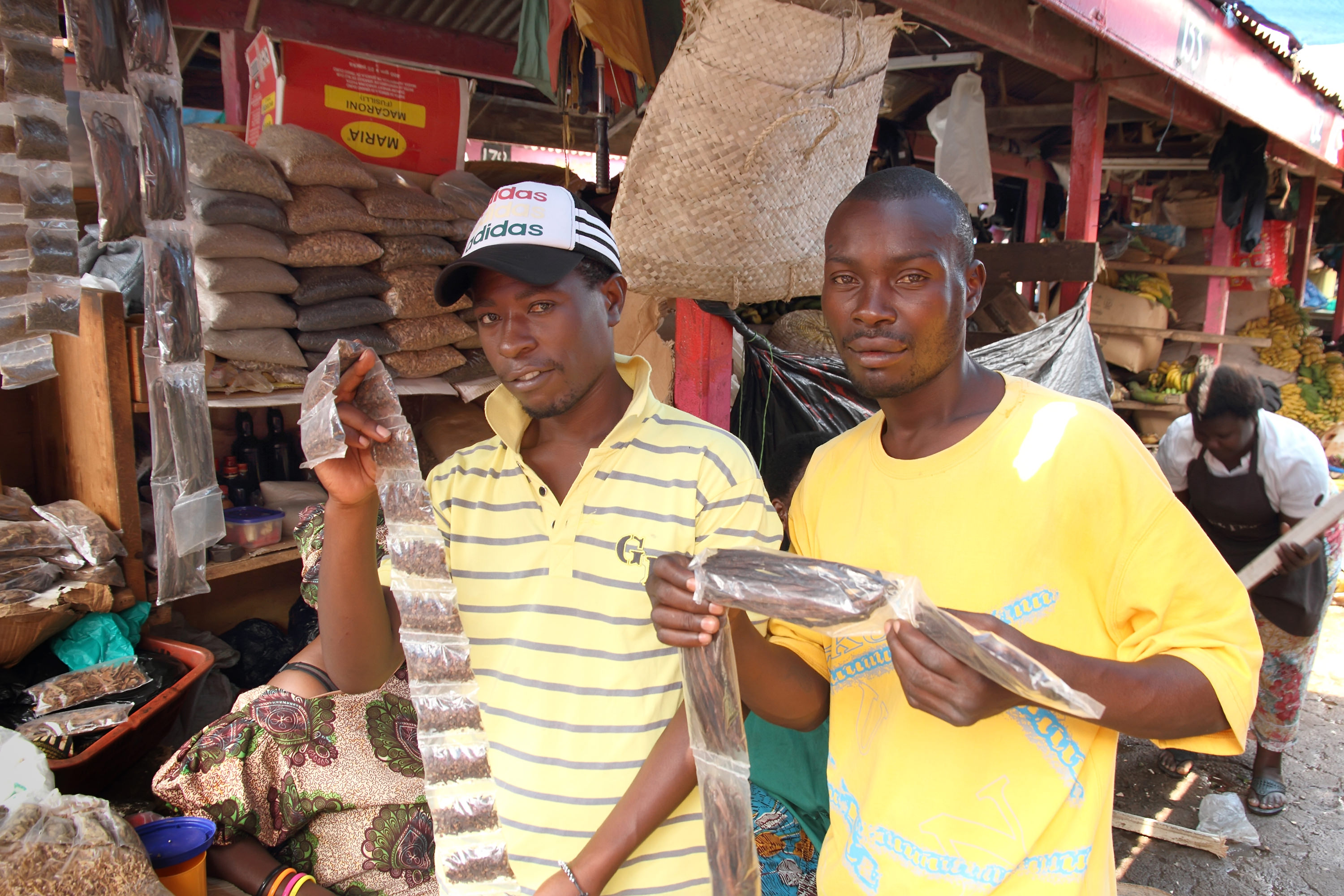The Meet You Future Project (MYF) is an ongoing RCT designed in partnership with BRAC Uganda to investigate the relative importance of several barriers to quality employment that students face when transitioning from the educational sector into labor markets characterized by high levels of informality. The experimental setting is that of Vocational Training Institutes (VTIs) in Uganda.
The main study is jointly funded by the JPAL PPE initiative and the IDRC. Over 2020 the research team has spent a considerable amount of resources adapting the MYF Project to the new conditions imposed by the outbreak of the COVID-19 Pandemic.
With a survey in the field when the outbreak came to light and the intervention originally planned to roll out over summer 2020, the task has been daunting. Thefunding from the G2LM|LIC initiative allowed the research team to conduct additional phone surveys with all the respondents (one with the 1110+ students in our study and two with the 700+ recent graduates) as well as the institutional partners involved (the Vocational Training Institutes) to monitor the evolving situation and pick the best adaptation strategy. By building on the rich set of data collected right before the outbreak they built two unique panels to assess the crisis’ impacts on students’ and alumni’s livelihood, time use, labor market expectations/outcomes, intentions to dropout for current students, mental health and much more. The data collected will serve three purposes:
- Provide a real time picture of the labor market of interest. To what extent and through which channels will local, low scale manufacture and services firms (hairdressers, tailors, carpenters etc.) be affected by the crisis is an empirical question. Additionally, with our study the researchers span many different sectors that could be differently hit by COVID-19.
- Shed light on the struggles, needs and fears of current VTIs’ students as well as on what types of support they envision they would need in the coming months. Additionally, they will learn who is considering dropping out and the extent of the learning loss and time use. The research team will then work with the VTIs to organize a response to the crisis. Examples of policies currently under considerations are: fees postpone mentor reduction, transport subsidies, and mental health resources.
- Inform the adaptation of the main intervention, a tailored individual-level career coaching, to the current circumstances.
The main study is aimed at understanding whether career-services are specifically beneficial for disadvantaged populations, including: (i) economically disadvantaged students sponsored by NGOs, (ii) women and (iii) minorities, such as under-represented ethnic groups and migrants. The data collected up to now confirm that all of these categories of individuals already dispose of fewer mean and resources to obtain quality employment (savings, lower quality networks, etc.). On top of this, expected discrimination in the labor market might result in a self-fulfilling prophecies, where these individuals anticipate lower returns and exert suboptimal effort, eventually confining themselves into specific trades and firm types. Most likely, these disadvantaged categories have fewer resources to insure themselves from the current covid-19 crisis. The outbreak will therefore make these subpopulations even more vulnerable and exposed. Last, the crisis has the potential to exacerbate existing discrimination by eroding the overall level of trust in people, accentuating the fear of the foreigner and creating a new discriminated category: those who have be in contact with the virus (or are perceived to have been).
